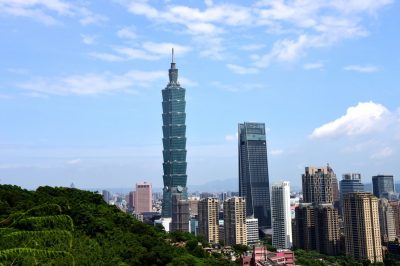Beijing, 31 January 2024 (WAI): In the coming years, the fate of the Economic Cooperation Framework Agreement (ECFA), a significant economic agreement between China and Taiwan, hinges on the policies and stance of Taiwan’s Democratic Progressive Party (DPP) towards mainland China. This announcement was made by a spokesperson from mainland China on Wednesday.
Looking back, the ECFA was established in 2010 as a landmark pact to foster economic collaboration between the Chinese mainland and Taiwan. The agreement sought to create a framework for closer economic ties, promoting trade and investment between the two regions. Over the years, it has played a crucial role in shaping the economic landscape, facilitating smoother business interactions, and enhancing cooperation.
Fast forward to the present, the future course of the ECFA rests on the decisions and approach of Taiwan’s Democratic Progressive Party. The mainland spokesperson highlighted the importance of understanding and considering the DPP’s policies and attitudes towards mainland China. This underscores the significance of political dynamics in shaping economic relations between the two entities.
Also Read: Ethiopian Prime Minister joins Italy-Africa Summit
It is important to note that the ECFA has been a subject of discussion and evaluation since its inception. It has undergone reviews and adjustments to align with both sides’ evolving needs and priorities. The agreement’s success lies not only in its initial establishment but also in its adaptability to changing circumstances.
In short, the ongoing narrative of the Economic Cooperation Framework Agreement is closely linked to the choices made by Taiwan’s Democratic Progressive Party regarding its relationship with the Chinese mainland.
As both parties navigate the complexities of their political and economic ties, the future of the ECFA will undoubtedly be shaped by the DPP’s diplomatic strategies and policy decisions. The evolution of this economic pact reflects the ever-changing dynamics between these two entities, emphasizing the crucial role of political will in determining the trajectory of economic cooperation.








